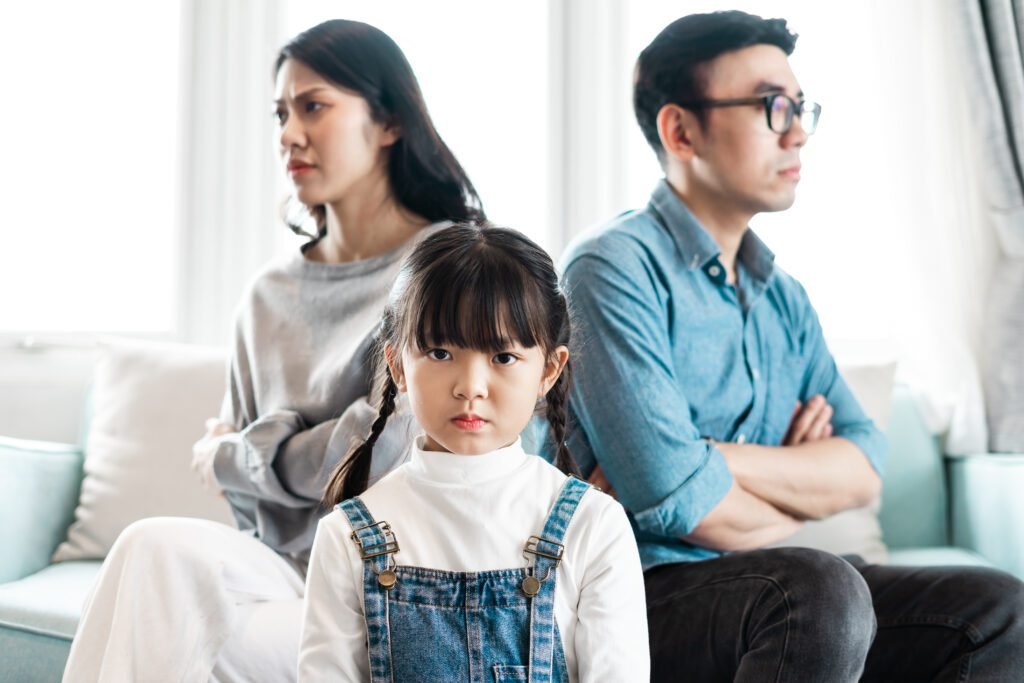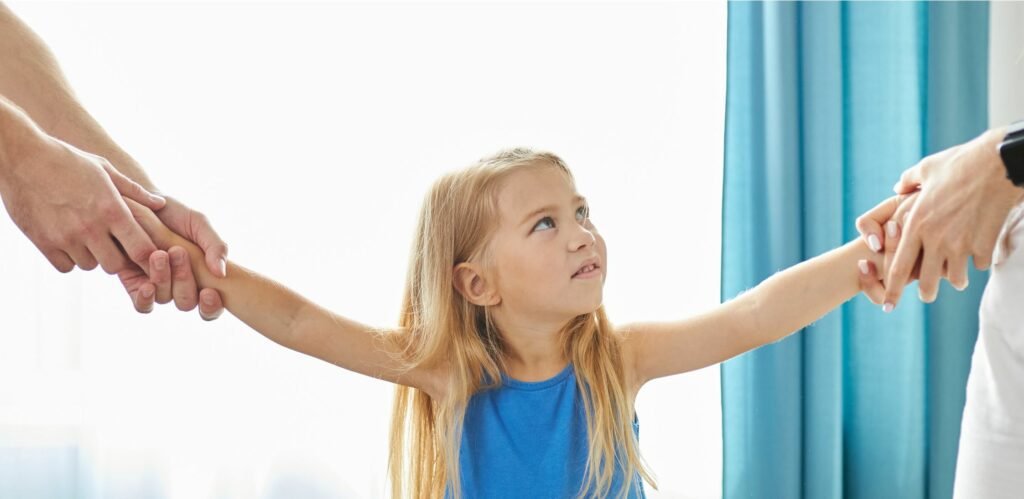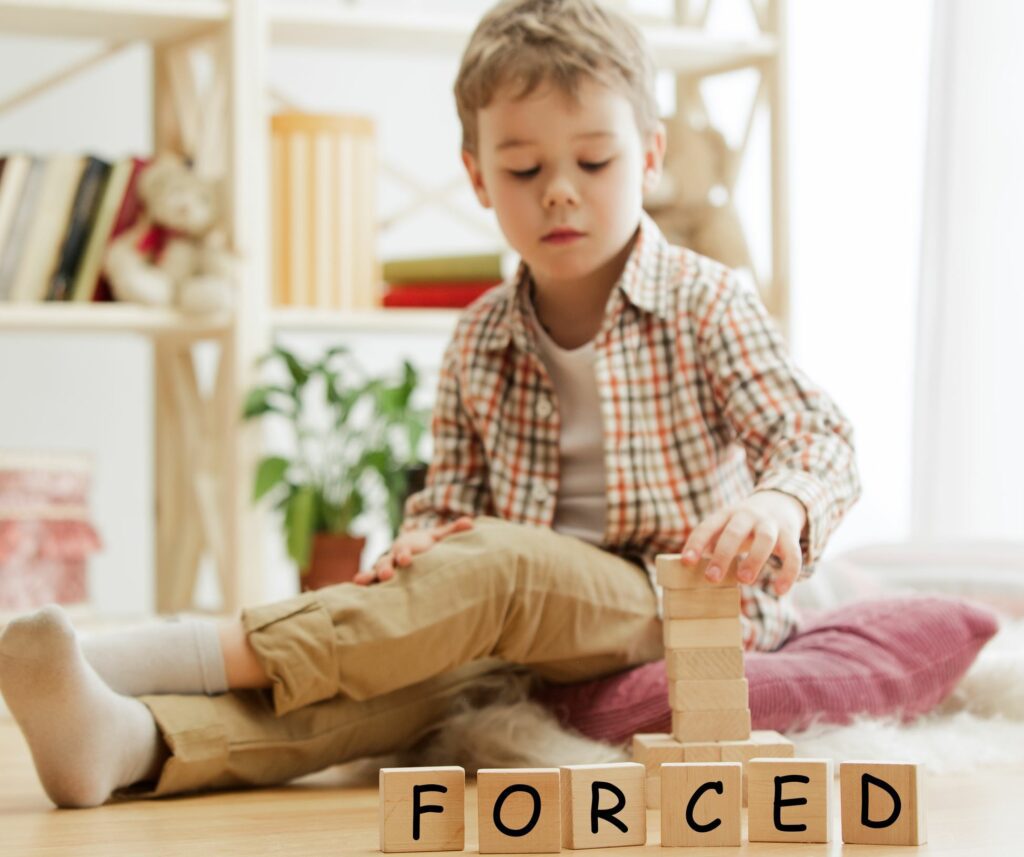If APA states that Child Psychological Abuse Is as Harmful as Sexual Abuse, Then So Is Parental Alienation

Parental Alienation is a form of psychological abuse.
Children who are emotionally abused and neglected face similar and sometimes worse mental health problems as children who are physically or sexually abused, yet psychological abuse is rarely addressed in prevention programs in treating victims, according to a study published by the American Psychological Association.
Definition of Psychological (Emotional) Abuse Of Children
According to both APA and Mayo Clinic psychological (emotional) abuse of children consists of:
- Bullying
- Terrorizing
- Coercive control
- Severe insults
- Threats
- Overwhelming demands
- Shunning, belittling, or berating
- Isolation and ignoration of child’s needs
- Rejection of child
Children who had been psychologically abused suffer from:
- Anxiety
- Depression
- Low self-esteem
- CPTSD
- Suicidal thinking
- Behavioral issues at school
- Anger issues
- Relationship issues
And are likely to develop the following disorders in adulthood:
- General anxiety disorder
- Social anxiety disorder
- Attachment Disorders such as codependency
- Borderline Personality Disorder
- Substance Addiction
According to APA’s study, psychological maltreatment that occurred alongside physical or sexual abuse was associated with significantly more severe and far-ranging negative outcomes than when children were sexually and physically abused and not psychologically abused. In many cases, child abuse is done by someone the child knows and trusts — often a parent or other relative.

If you’re concerned about the emotional abuse of your child, seek help immediately. These organizations can provide information and referrals:
- Childhelp National Child Abuse Hotline: 1-800-4-A-CHILD (1-800-422-4453)
- Prevent Child Abuse America: 1-800-CHILDREN (1-800-244-5373)
The Definition of Parental Alienation
As described in 1985 by the concept’s originator U.S. child psychiatrist Richard A. Gardner, Parental Alienation Syndrome or PAS has symptoms that distinguish an affected child from one who is experiencing a typical adverse reaction to an estranged parent during high conflict relationship between parents:
- Relentless denigration of the targeted parent
- A weak or absurd rationale for the denigration of the targeted parent
- Lack of guilt or embarrassment about the denigration
- Lack of ambivalence such that the child considers one parent to be entirely “good” and the other parent to be entirely “bad”
- Automatic support for the alienating parent in any conflict
- Hostility towards and refusal of contact with the extended family of the targeted parent
- Presence of “borrowed scenarios,” in which the child’s speech when describing aversion to the targeted parent often includes the same phrases used by the alienating parent
Simply put:
Parental Alienation is a situation when a child’s resistance or hostility towards one parent is not justified and is the result of psychological manipulation by the other parent.
For the child, parental alienation is a significant mental disturbance, based on a false belief that the alienated parent is a dangerous, bad, and unworthy parent.

Parental Alienation Equals Psychological Abuse
Parental alienation should be seriously considered as a form of psychological and emotional child abuse because the impact of Parental Alienation on a child’s life can be even more so devastating than the standard definition of psychological abuse of children. Children who experience Parental Alienation develop the above mental, behavioral and psychological issues and others, such as:
- Impaired ability to establish and maintain future relationships with others
- Lose self-image, self-respect, and self-love
- Develop feelings of guilt, and depression
- Develop educational problems
- Develop self-hatred
- Struggles with mental health, addiction, and self-harm
- Develop trust issues
- Enter toxic abusive relationships
- Are unable to express grief and empathy
Family therapists who have treated alienated children have classified the problem as a “parent-child relational problem,” as outlined by the American Psychiatric Association’s Diagnostic and Statistical Manual of Mental Disorders, but it’s bigger than that.
According to The Parental Alienation Study Group, at least 3.9 million children in the United States are “moderately to severely” alienated from a parent. Alienating behaviors include:
- Talking negatively and name-calling the other parent
- Limiting, monitoring, and obstructing the contact with the child
- Interfering with communication either by not allowing the parent to speak with the child or coming up with excuses as to why the child can’t visit the other parent
- Making the child choose sides
- Telling the child the other parent doesn’t love them
- Telling the child that the other parent is dangerous
- Telling the child false information about the other parent
- Telling the child to keep a secret from the other parent
- Stopping the child from seeing the other parent’s family
- Undermining and belittling the other parent in front of the child
Parental Alienation Destroys Childhoods
The syndrome can be hard to diagnose in toxic, high-conflict situations, therefore it’s easily overlooked. Often it doesn’t receive the attention that it so desperately needs.
Parental alienation impacts children and causes significant harm which can go on for many years. This harm goes beyond just the impact of being exposed to conflict and parental pathology. It can leave a long-lasting and sometimes even irreversible effect on children.
When one parent turns a child against the other, childhood is lost and can’t be relived again.
Mila
Children caught in TAR and experiencing Parental Alienation are emotional sponges — they can feel that something is going on even though they can’t name it. We, at PMH, can name it, it’s psychological abuse on the highest level.
The consequences of this abuse can persist into adulthood. A child often believes that they are responsible for what they went through and are more likely to be diagnosed with at least one mental illness and also have a higher risk of suicide. Abused children grow into becoming abusers themselves in adulthood. In doing so, they repeat the vicious circle of abuse.
Society speaks of domestic violence and physical, sexual, and emotional abuse. But we don’t speak enough about the phenomenon of Parental Alienation. If we want to break the cycle of child abuse and neglect, we should consider all factors, including Parental Alienation as a form of emotional abuse under DSM-5.
What To Do If You Are Being Alienated
If your children are being alienated from you, act now and seek help from professionals.
At Partners in Men’s Health, you can seek help and support, and contact us to request our trauma-informed Confidential Concierge Coaching services that will help you reclaim your relationship with your alienated children.
It is never late to amend the relationship, even though often the damage seems irreversible, many children who have been alienated come to realization in adulthood and re-connect with the parent that they have “lost”.
PMH will provide you with the right tools to reduce the damage and will suggest effective approaches to addressing Parental Alienation as a form of individual child abuse, and as a child protection matter.
Additionally PMH specializes in reunification programs and therapeutic services for alienated parents and children, providing best practices and effective treatment approaches.
Parental Alienation should be considered a form of domestic violence, and a criminal matter. We must raise awareness about Parental Alienation and speak about this topic because innocent children are unable to.
In an ideal world, no child should be put in a position to choose between parents. Children are entitled to both healthy parents.
There are no bad children. Only bad parents.
Dr. Jamie
Like the article?
Get in touch with Mila
Did you relate to this article? Would you just like to confidentially discuss your experiences? If you have any questions, suggestions or would just like to get in touch with me, please be free to do so, using this confidential form. We will not sell or distribute your email address to any third party at any time. Read our Privacy Policy.
